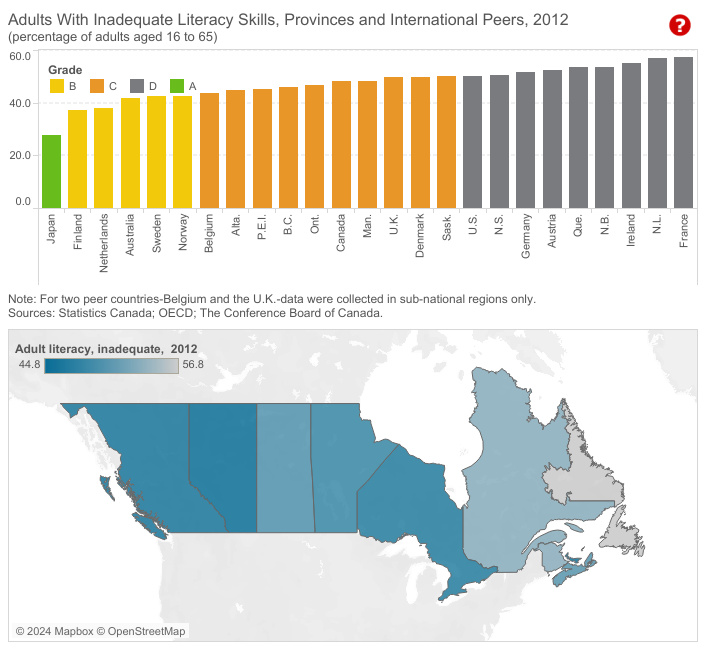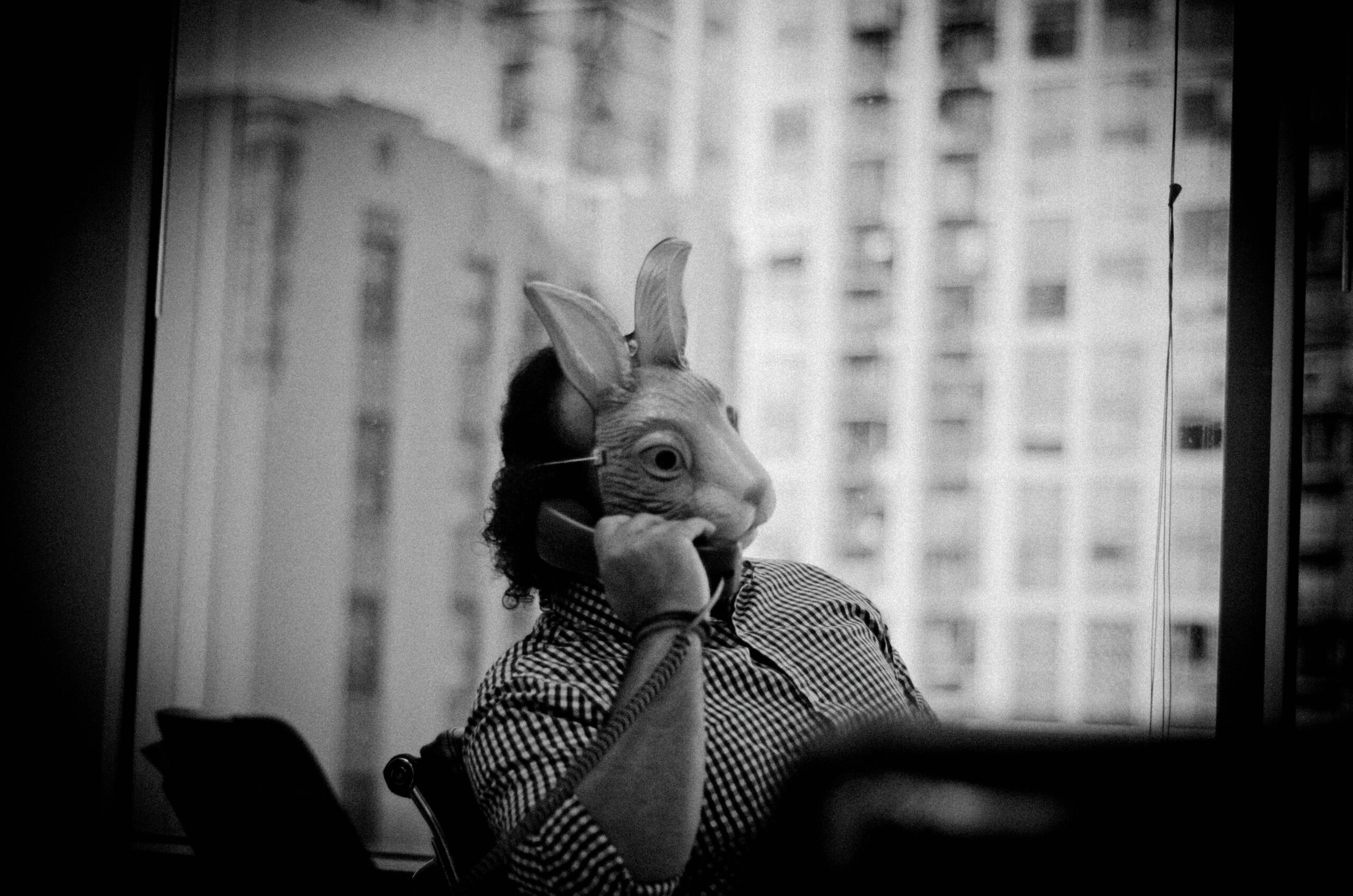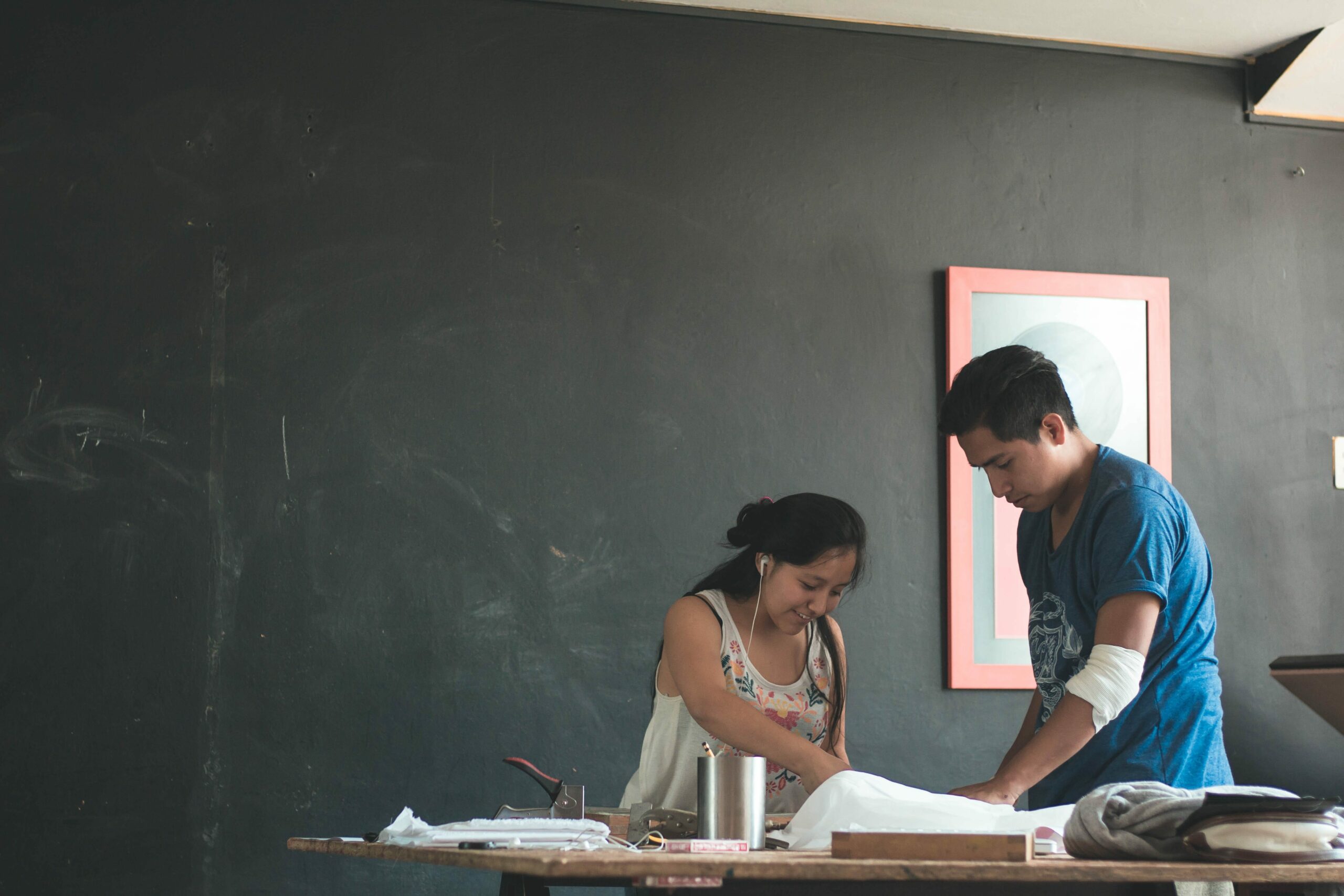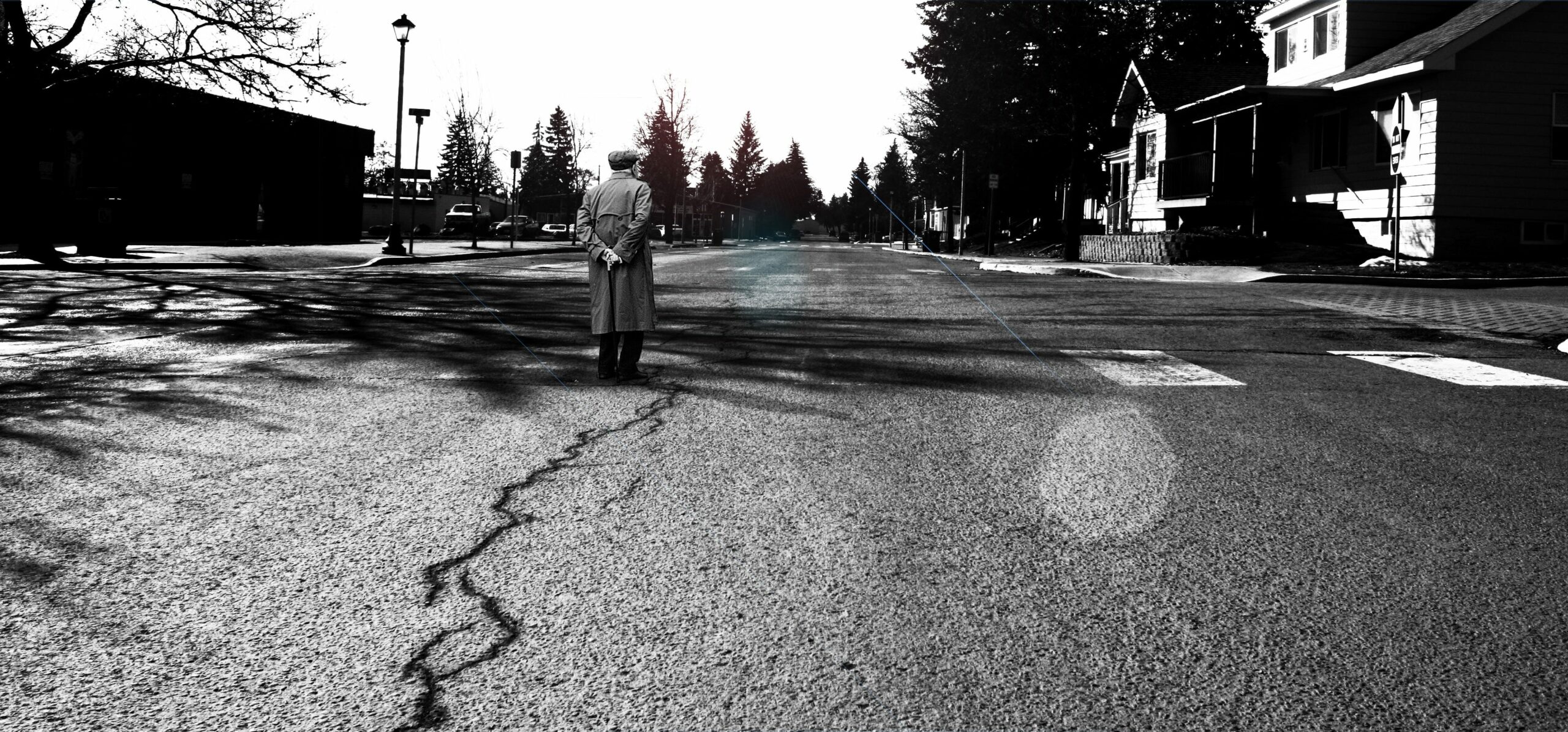There’s literate and then there’s proficiently literate. This whole idea that we are tipping into the postliterate relies on the idea that we are all literate; just don’t seem to care; prefer other oral based media.
So are we?

Into Literacy
For the purposes of my little thought experiment, let’s use 50% of a population as a tipping point: greater, even by 0.1% is a sway to literate sensibilities, lower oral.
We’ll start at roughly 1450 AD, when Gutenberg invented the mechanical printing press. Since then, like flat screen TVs, the cost of the printed word has scaled down to the point that any class has the means to obtain it.
Here’s the timeline from what happened then ( +/- a few years ).
- 1650, UK & Netherlands have roughly 50% literacy
- 1750, Sweden reached 50%
- 1850, France
- 1850, the Americas start with 80% literacy rates
- 1900, Italy was shy of 60%
- 1900, the Netherlands (90%) and America (89%) had the highest literacy rates in the world
- 1960’s, finally the world literacy rate hit 50%
Literacy rates in the world stay strong. We could do better, but we tipped the numbers, from 12% who could read to 14% who can’t.
Into Post Literacy
The world is literate, but how well is it literate? To understand quality, we’ll use PIAAC Proficiency Levels. It’s a scale from 0-500.
- < Level 1 (0-175) – Basic vocabulary. Little to no understanding of sentence of paragraph structure.
- Level 1 (176 – 225) – Short, non-continuous texts. Ability to add basic personal information in documents.
- Level 2 (226 – 275) – Medium length, continuous, non-continuous, or mixed textx. Can paraphrase. Low-level inferences.
- Level 3 (276 – 325) – Dense or lengthy, continuous, non-continuous, mixed, or multi- page texts. Can construct meaning across larger chunks of text or perform multi-step operations in order to identify and formulate responses.
- Level 4 (326 – 375) – Integrate, interpret, or synthesize multi-page complex texts. Identify and understand non-central idea(s). Interpret or Evaluate subtle evidence-claim or persuasive discourse.
- Level 5 (376 – 500) – Integrate information across similar and contrasting ideas or points of view. Aware of subtle, rhetorical cues and to make high-level inferences.
So where does the world stand? The national average is 267 (level 2).
- 296, Japan
- 288, Finland
- 270, US
- 250, Italy
Now here’s something I think merits closer attention. Let’s look at the US. A country that started as a world leader in literacy. And, let’s bring out that 50% measuring stick again.
In 2012/14 50% were Level 3 (>275). In 2017 they lost 2 points. Now 52% are level 2.
Does this mean there is a downward trend? Is their proficiency continuing to drop? Still unknown.
Canada, US & Australia haven’t been keeping up on sharing literacy rates or PIAAC data, if they even have any. So it’s hard to know for sure at the moment.
Here’s a Canadian report back to 2012 that shows how low proficiency levels are then (note: this report used quartiles to divide the PIAAC levels into grades)

My Take: Aliterate oral culture is back
Here’s my theory. When Literacy Rates are high but < 50% are proficient, you’ve got fertile soil for aliterate oral culture.
My personal feeling, is like autism and other spectrums aliteracy and oral sensibilities can fluctuate. Just like you see in proficiency rates, some cultures are less and more aliterate than others. They may be swayed by oral discourse and rules. Perhaps this can be applied to any culture & sub-culture not just geographic?
For a small blip in our history, our technology required us to be proficient. To type commands, to program computers to do things. And in it we buried our oral nature in a pile of books, an accumulation of words greater in the past few years than the combined history of written words. And yet things are changing. Technology has passed the tipping point that our primal, oral nature is coming back.





